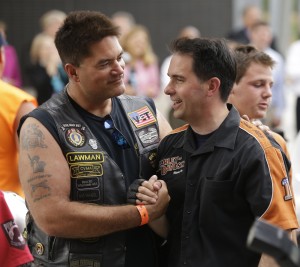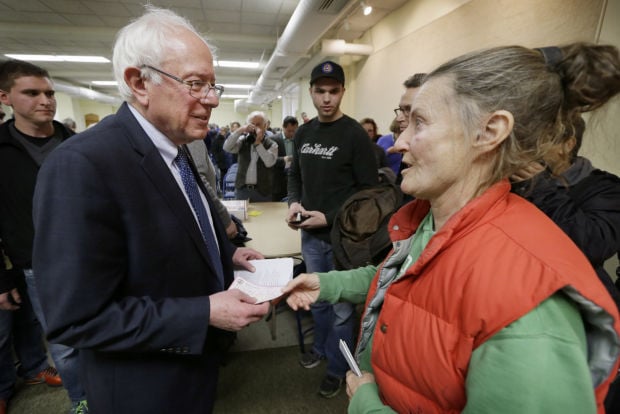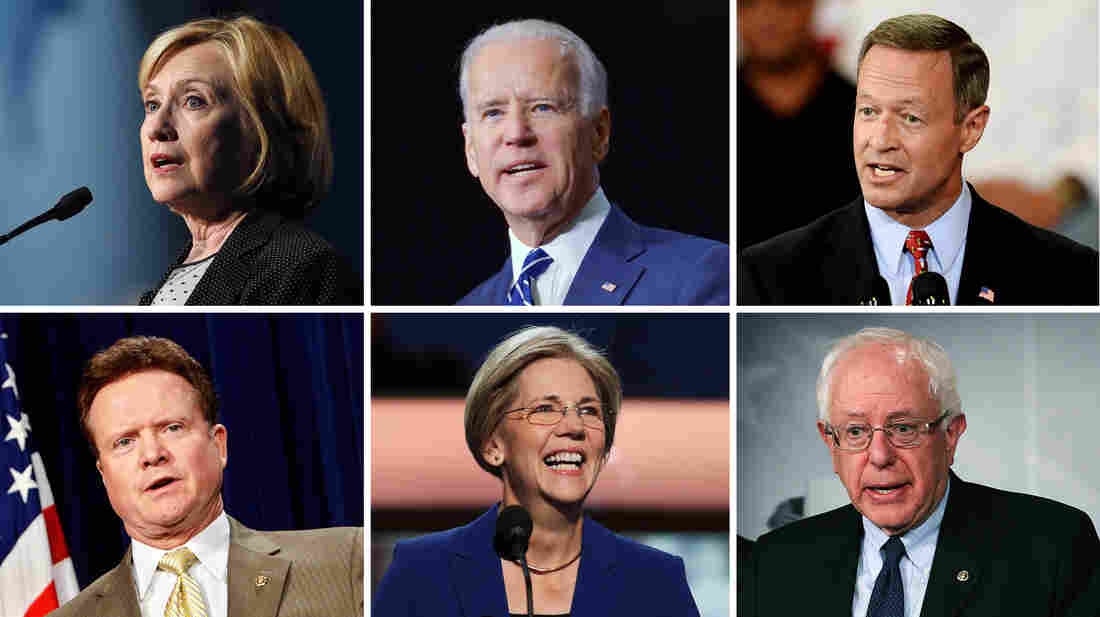By Emily Foster
Campaign for America's Future
May 25, 2015 - While well-heeled conservatives watched Republican presidential candidates make their pitches for support in an Iowa convention hall at the GOP’s Lincoln Dinner on May 16, grassroots progressives gathered in a much less lavish college auditorium to discuss pressing issues for America’s struggling middle class.
The Iowa State Campus University in Ames, Iowa, was where people from more than 50 organizations (including co-sponsors of groups endorsing CAF’s Populism 2015 Platform) gathered for the Iowa Working Families Summit. The summit had a huge turnout of more than 600 people from all over the state. Their focus was on showing that progressive policies, such as investing in infrastructure, raising the minimum wage and strengthening labor unions, are the key path to American prosperity.
Larry Cohen, president of the Communications Workers of America and vice president of the AFL-CIO, elaborated on the cohesive ideas shared at the conference by the participating groups, and said he has never seen a “better statewide effort” to advance ideas important to American workers. He also explained how important it was for the groups to “get out of the silos and into the streets.”
“It’s not just about the choices of our candidates” Cohen said when asked about the impact of the conference on the 2016 elections. “It’s also about how we’re building our agenda for the middle class.”
The keynote speaker – Robert Reich, former U.S. Secretary of Labor (1993-1997) – noted that the U.S. economy has grown twice as large in the past 30 years, but wages for the middle class have gone “nowhere,” due to a political system that rewards the wealthiest Americans and corporations.
Essentially, we have an economy “that’s rigged against the average working people.”
Reich emphasized that Americans in the middle class need to “stand up together,” and rebuild the strength of the middle class through raising support for labor unions, education, and infrastructure.
Sue Dinsdale, executive director of the Iowa Citizen Action Network, said her organization plans to build on the ideas considered at this past weekend’s summit. Throughout the upcoming election cycle, the organization plans to “take the summit on the road – take ideas out into communities and towns throughout Iowa, and to organize similar events.”










![[PDA - Heathcare NOT Warfare - Sign the Petition.]](http://pdamerica.org/images/ads/HealthNotWar_final.jpg)


